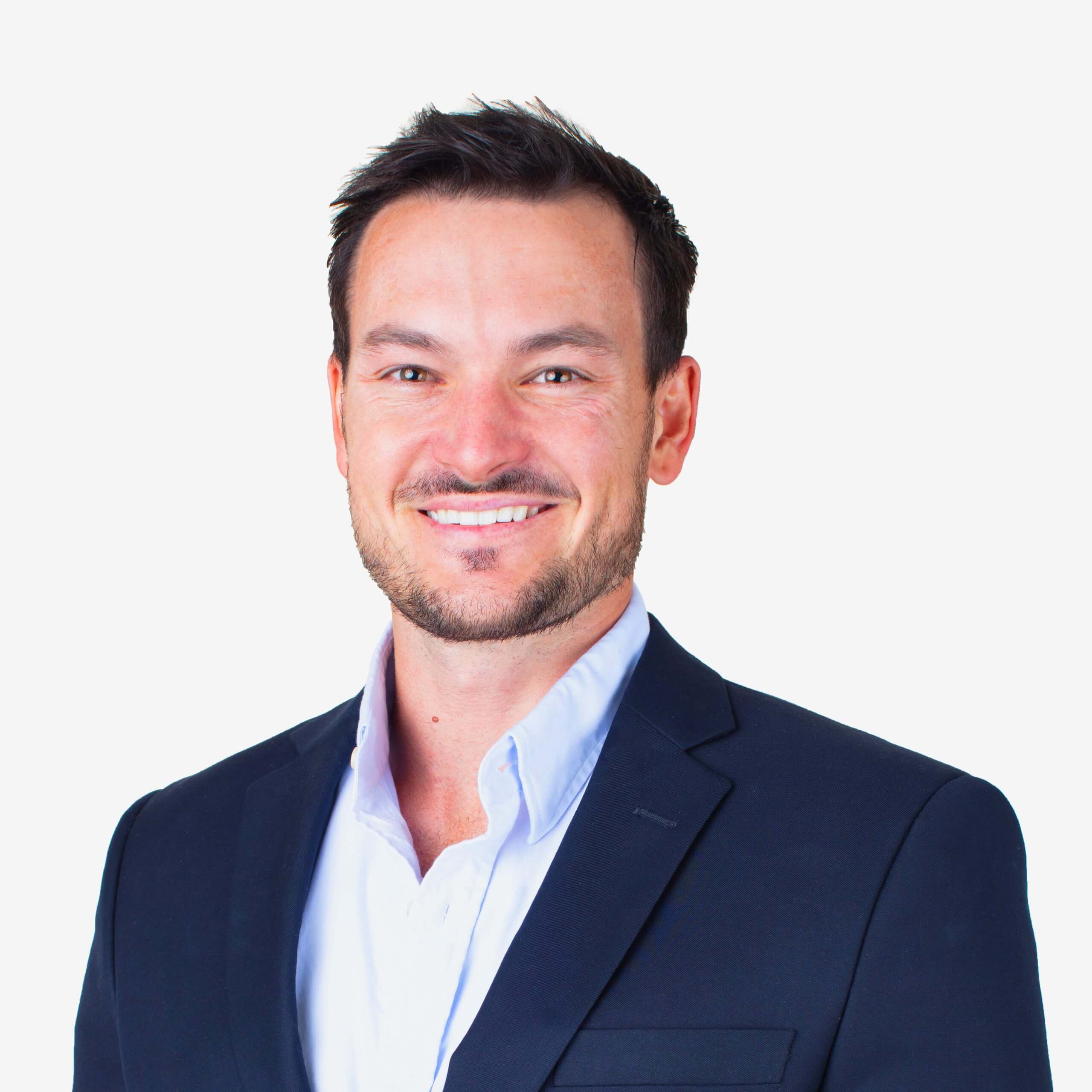From Wakeboarding to Real Estate
Hair was interested in the concept of investing from a young age, first taking the idea seriously in college. While wakeboarding was at the front of his mind, smart investing was always something that appealed to him.
“I read Rich Dad Poor Dad, I read some other books,” he said. “I was just thinking about ways to get ahead, really.”
When he first began investing in real estate, Hair didn’t know a ton about the industry or about investing itself. He also didn’t have much of his own money. But he did know everything about wakeboarding – including what wakeboarders look for in a place to live.
“I didn’t have any money, but I knew what wakeboarders wanted. They wanted houses on the lake. So, I said, ‘OK well I’m going to go find a house on a lake,’” he said. “I’ll sign and take on the lease, I’ll rent out each bedroom individually month-to-month so I can charge higher rates and then I can hopefully live for free.”
And that’s exactly what Hair did, taking his first ever foray into real estate by renting rooms to wakeboarders so they could live in a house on a lake.
While the idea seemed simple, there were many problems to overcome. The deal almost fell apart during closing, then the house needed significant renovations and contractors were taking much longer than Hair had budgeted for, meaning he wasn’t getting rent he planned on.
“The thing that I learned was always be conservative on your estimating,” he said. “Always assume it’s going to take 20% or more than what they say and probably 50% longer.”
Despite the setbacks, Hair’s first investment was a resounding success. He made enough money to live for free, and within just a couple of years, had saved up enough to buy his own home.”
From a Side Hustle to a Full-Time Job
As Hair’s wakeboarding career continued, so did his interest in real estate.
After moving into a duplex, he rented out half of it and used that money to cover his expenses. He also took advantage of Airbnb, listing his home whenever he was set to go out of town for wakeboarding events. He was surprised to see it booked almost every time.
When Hair’s wakeboarding career came to a close in his late 20s, he felt more than prepared to make the jump into real estate full time.
While his success had come in the residential space, he was eager to get into commercial real estate, eventually opening three gyms in Orlando.
Today, Hair focuses on health-care-backed real estate, which involves investing in buildings that are leased out to credit-worthy health care groups.
“Real estate is a very safe asset. Health care is a very safe asset,” he said. “So, health care-backed real estate is what we believe to be one of the safest assets in the world.”
Succeeding in real estate isn’t easy. There are many potential pitfalls and there is inherent unpredictability baked into the industry.
But Hair has no regrets about making this leap and successfully transitioning from a life of wakeboarding to a life of real estate investing.
“You can make really great money doing it, but it’s a full-time job,” he said. “Find someone who’s doing it and invest alongside them, see how it’s done and keep learning for yourself. Then you can decide ‘OK, this is what I want to do,’ or ‘maybe I actually like my regular job better.’”
Editor Bianca Dagostino contributed to this article.


